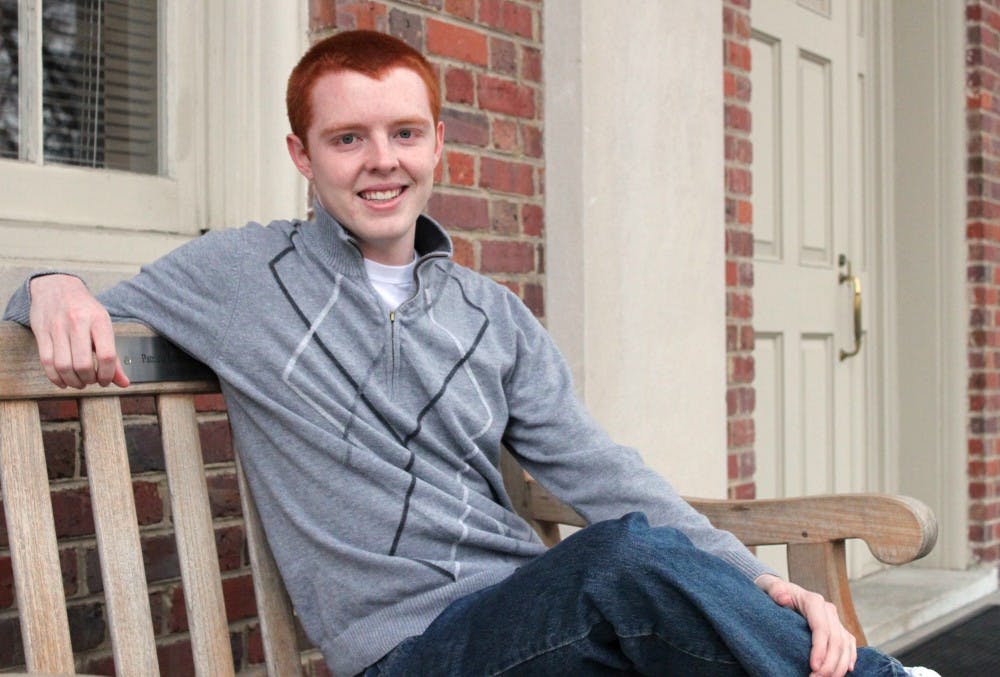She said added challenges when entering college can come from a non-college educated upbringing.
“There is a lot of navigating the higher education policies that first-generation families may not be familiar with,” she said.
Brittany Greene, treasurer of Carolina Firsts, a club for first-generation students, said not understanding the process of getting into and paying for college was a challenge.
“A lot of first-generation students are from low-income families,” she said. “I didn’t understand how the whole FAFSA process worked, and obviously since my parents hadn’t gone through that they couldn’t help me.”
Darryl Gless, an English professor, said he feared failure as a first-generation student in 1964 at the University of Nebraska.
His brother had recently flunked out of college, and he didn’t want to follow that path.
First-generation students at the University face a lower graduation rate than students whose parents have college experience. Only 67 percent of first-generation students graduate in four years, compared with 78.6 percent for others. Within six years, 82.3 percent of first-generation students have graduated, compared with 90.1 percent for other students.
Gless said first-generation students might feel pressured knowing that parent education level is a significant predictor of success.
“A sense that maybe you can’t do it,” he said. “That kind of anxiety can be destructive.”
Demetriou and Gless said first-generation students might not have built-in support networks for adjusting to college work.
“I think the primary challenge is no automatic mentoring at home,” Gless said.
Gless said he relied on teachers who pushed him, and said those teachers are one reason he won a Rhodes Scholarship in 1968. He said teachers often help first-generation students understand general college information.
To get the day's news and headlines in your inbox each morning, sign up for our email newsletters.
“You look to find what you don’t have in the family,” he said. “In my case it was teachers.”
First-generation status is something Carter said he thought might hinder him. But he said it has pushed him to succeed.
“It motivated me to work through things like my first bad grade,” he said. “My parents didn’t have this chance.”
And, like Gless, Carter said a teacher took him under her wing.
Growing up in Elkin, Carter said his parents and teachers pushed him toward success.
Realizing the limited possibilities in the small western N.C. town, they wanted Carter to have broader horizons.
“Maybe they realized that Elkin limited their world view, and that not having access to education limited their world view,” he added.
He said he pushed himself academically, even though his school offered a limited number of Advanced Placement courses.
“I was more fortunate to have really good teachers in high school who were willing to invest in me from the time I was a freshman,” he said.
One of those teachers repeatedly told him she would make sure he won the Morehead-Cain scholarship.
“When I did,” Carter said, “she said ‘I told you so.’”
Carter said he’s made the most of his opportunity at the University. He’s traveled abroad during two summers and developed an unexpected passion for Latin America, which he will continue to explore at Cambridge.
He taught English in an indigenous Ecuadorian community one summer.
“It was quite a shock,” Carter said. “The children don’t know the customs that the parents know, and those things were really quite sad for me, but also quite intriguing from an academic standpoint.”
The passion he developed for indigenous movements in Latin America led him to apply for graduate programs at Cambridge.
His mother, Debbie, said the scholarship’s timing is perfect because money is tight.
“Right now it is a lifesaver because I lost my job in textiles,” she said. “I had to go back to school to get re-educated and my husband just had a heart attack. It’s a lifesaver financially.”
Demetriou said Carter’s personal success will benefit all first-generation students.
“He is a role model,” she said.
Contact the University Editor at university@dailytarheel.com.




